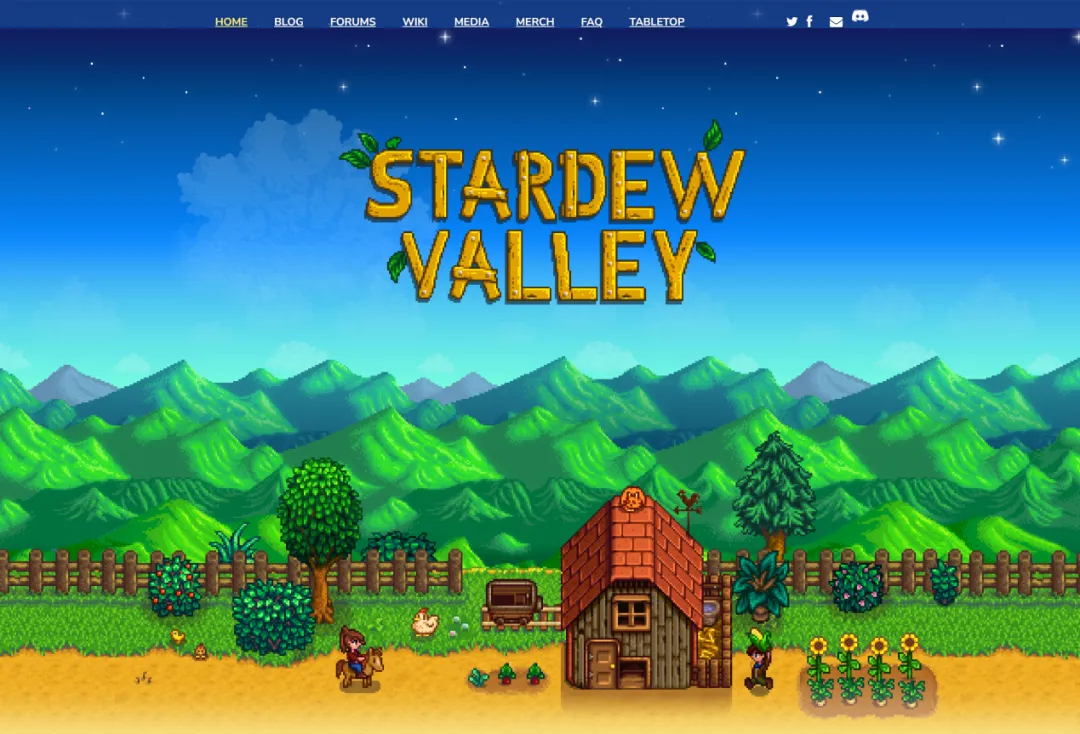
In recent years, farming simulation games like Stardew Valley and Animal Crossing have gained global popularity, giving rise to a new generation of “digital farmers”. These players cultivate virtual crops, raise digital animals, and build communities in online worlds. This trend, known as “cyber farming”, merges agricultural simulation with digital interaction, allowing users to experience the rhythms of rural life through their screens.
The appeal of cyber farming lies in its ability to fulfill fundamental human needs. A major attraction is the sense of control it provides. From sowing seeds to gathering harvests, each step offers visible results through careful effort. This predictable cycle stands in contrast to the pressures and uncertainties of modern urban living. “In the game, I decide what to plant, when to water, and when to harvest — it’s like managing my own peaceful world,” shared one university student.
Another significant feature is the immediate feedback. While real achievements often require long-term effort, virtual crops may grow in just hours, giving players a quick and satisfying sense of reward. Beyond that, the virtual environment is safe and forgiving. If crops fail or tasks are missed, players can simply try again. This low-risk setting reduces anxiety and encourages experimentation without real-life consequences.
The rise of cyber farming reflects deeper psychological needs among today’s youth. Many seek relief from the fast pace and competition of city life. As noted by researcher Xu Youjiangyu, these games serve as a form of “emotional self-regulation”. They allow young people to benefit from modern conveniences while mentally escaping to a more peaceful digital space. “It’s less about avoidance and more about balancing reality with a calming outlet,” Xu explained.
Moreover, cyber farming echoes a much older cultural tradition. The ancient ideal of returning to a simple rural life — expressed by poets like Tao Yuanming — finds new expression in these digital landscapes. For young people far removed from farming, these games offer a way to reconnect with nature metaphorically (隐喻地). “Tao Yuanming wrote about farming under the moon; I plant digital crops under my lamp. The sense of calm feels similar,” one player remarked. In this way, cyber farming bridges centuries-old desires with contemporary technology.
1.1.What does cyber farming provide that modern urban life often lacks?
A Predictable outcomes.
B Social recognition.
C Professional guidance.
D Creative expression.
解析:选A。A 细节理解题。第二段明确指出,游戏提供的“可预测周期”(predictable cycle)与现代都市生活的“压力和不确定性”(pressures and uncertainties)形成鲜明对比,因此“可预测的结果”是游戏拥有而都市生活缺乏的特质。故选A。
2.2.What do both immediate feedback and a safe environment together offer players?
A Risk-free exploration.
B Real-life farming skills.
C Competitive advantages.
D Social connections.
解析:选A。A 推理判断题。第三段说明即时反馈让玩家快速获得成就感,安全环境允许失败后重试(“players can simply try again”),两者共同为玩家创造了一个可以自由尝试却无需承担现实风险的探索空间。故选A。
3.3.What can be inferred from Xu Youjiangyu’s comments about cyber farming?
A It replaces real-world social interactions.
B It serves as a mental escape valve.
C It primarily teaches farming techniques.
D It encourages urban relocation.
解析:选B。B 推理判断题。第四段中,徐研究员指出游戏是一种“情感自我调节”(“emotional self-regulation”)的方式,让年轻人在享受城市便利的同时,能在精神上获得短暂休憩(“mentally escaping to a more peaceful digital space”),并非完全逃避现实,而是作为一种心理调节的出口。故选B。
4.4.What is the author’s primary purpose in mentioning Tao Yuanming?
A To contrast ancient and modern lifestyles.
B To promote traditional farming.
C To criticize technological influence.
D To highlight a cultural continuity.
解析:选D。D 推理判断题。末段提到古代诗人陶渊明描绘的田园理想(“ancient ideal of returning to a simple rural life”)在数字游戏中得以延续(“finds new expression”),旨在强调一种文化上的延续而非对比或批评。故选D。